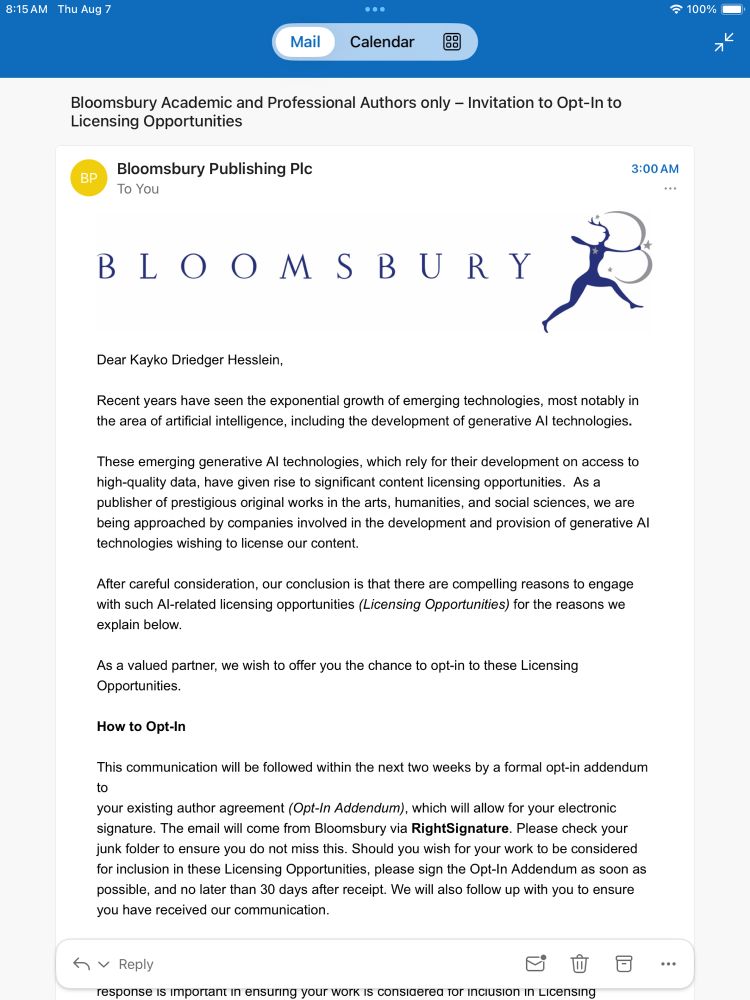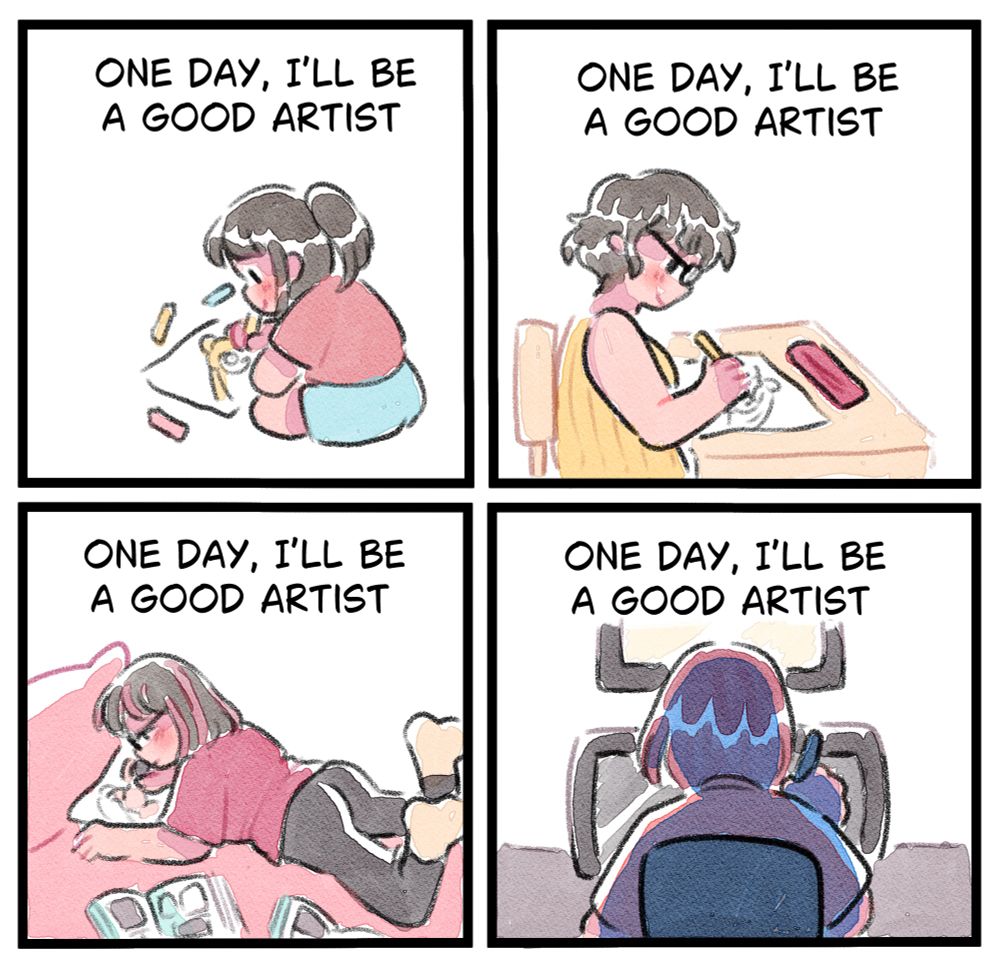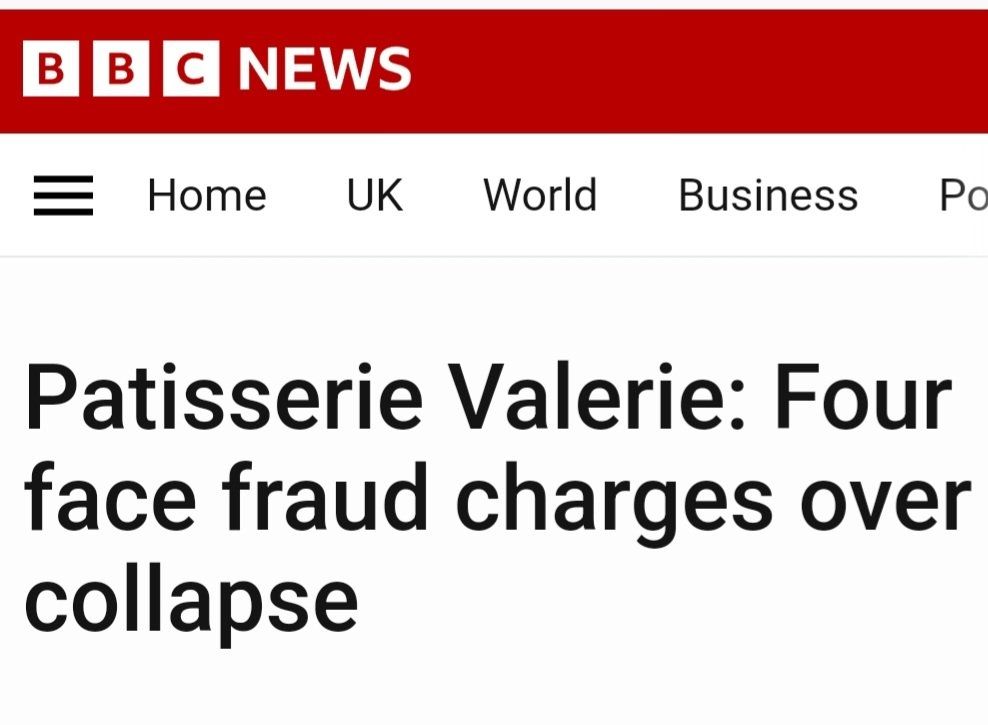Matilda Battersby
@matildabattersby.bsky.social
570 followers
890 following
82 posts
Writer and journalist. Former arts editor at The Independent, and editor of Popshot Quarterly. The Bookseller sometimes
Posts
Media
Videos
Starter Packs
Reposted by Matilda Battersby
Reposted by Matilda Battersby
Reposted by Matilda Battersby
Reposted by Matilda Battersby
Reposted by Matilda Battersby
Reposted by Matilda Battersby
Reposted by Matilda Battersby
sdebar.bsky.social
@sdebar.bsky.social
· Jun 19

TikTok publisher 8th Note Press looks set to close as authors 'negotiate rights return'
A publishing business developed by the parent company of TikTok to cash in on the success of #BookTok appears to be closing just four months after it launched a print side to its e-books business – al...
www.thebookseller.com



















